Cell And Developmental Biology
-

Polarity protein role in cell survival
Vanderbilt investigators have identified an unexpected link between cell survival and the polarized delivery of proteins to the surface of mammary epithelial cells. Read MoreApr 27, 2017
-
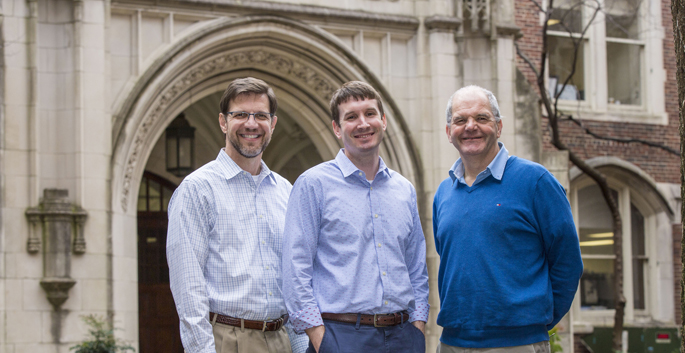
New Physician Science Doctoral Program graduates first student
As a fellow in pulmonary and critical care medicine at Vanderbilt University School of Medicine, Bradley Richmond, M.D., saw a lot of patients with chronic obstructive pulmonary disease (COPD), an inflammatory lung disease caused most often by long-term exposure to cigarette smoke. Read MoreFeb 2, 2017
-
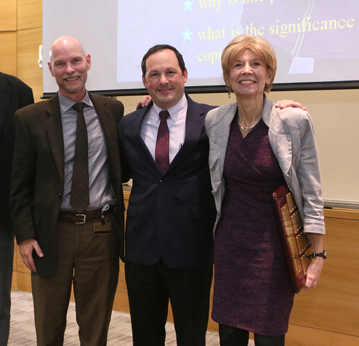
Symposium honors Casagrande’s career
Colleagues of Vivien Casagrande, Ph.D., celebrated her distinguished career in the visual sciences with a “Lifetime of Vision” symposium Nov. 18 in Biological Sciences/Medical Research Building III. Read MoreDec 1, 2016
-

Improving wound healing
Vanderbilt researchers have shown that an injectable material improves wound healing and may be useful for large skin wounds such as those in patients with diabetes. Read MoreNov 8, 2016
-

Cellular interactions found to contribute to lung fibrosis
Specific interactions between inflammatory cells and epithelial cells contribute to lung fibrosis, according to a study published last week in JCI Insight fromVanderbilt’s Lisa Young, M.D., associate professor of Pediatrics and Medicine and Cell and Developmental Biology, and colleagues. Read MoreNov 3, 2016
-
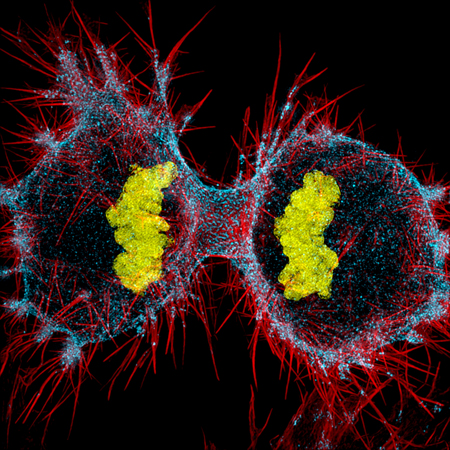
Striking view
Dylan Burnette, Ph.D., assistant professor of Cell and Developmental Biology, won 12th Place in Nikon’s Small World 2016 Photomicrography Competition for a colorful image of a dividing cancer cell. Read MoreOct 27, 2016
-
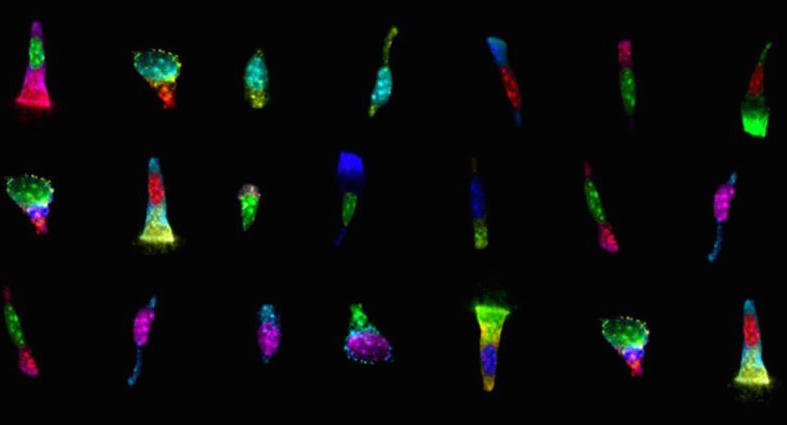
Single-cell study of tumor samples
A new method for analyzing cells in fixed biopsy tissues from patients by guide personalized treatment strategies for cancer. Read MoreOct 26, 2016
-
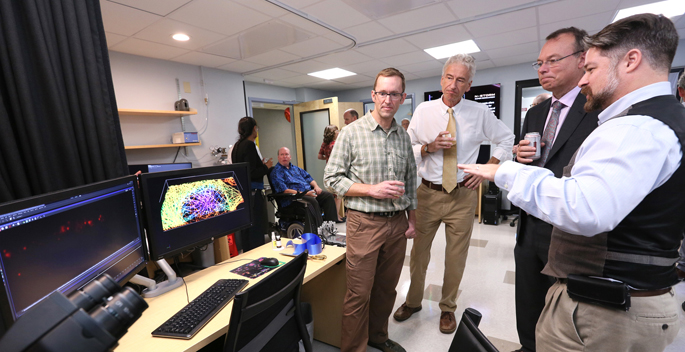
Nikon Center of Excellence for live-cell imaging makes debut
Officials of Vanderbilt University, Vanderbilt University Medical Center (VUMC) and Nikon Instruments Inc. last week celebrated the opening of the Vanderbilt Nikon Center of Excellence, which features state-of-the-art microscopy for live-cell imaging. Read MoreOct 13, 2016
-

Motoring to the tips of the brush border
New findings implicate a motor protein in the assembly of the brush border in the intestines and kidneys – a specialized surface that is critical for healthy organ function. Read MoreOct 6, 2016
-

Going after the ‘heart attack gremlin’
A protein called Gremlin 2 controls the extent of inflammation after heart attack and may be a good therapeutic target. Read MoreSep 8, 2016
-
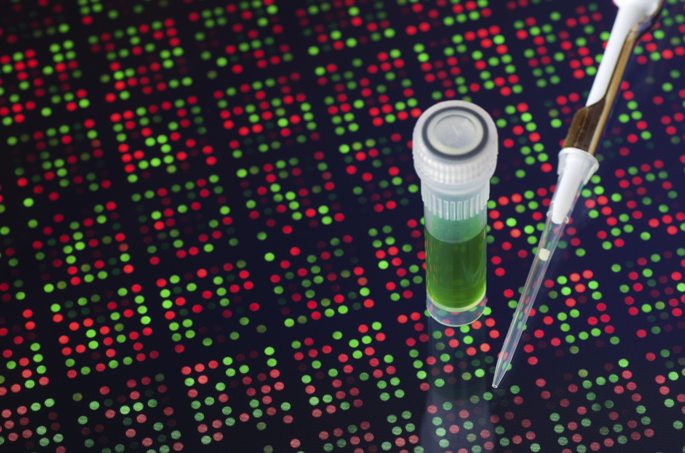
Breast cancer: finding the smoking gun
A new method developed at Vanderbilt may help “inventory” all tumor-promoting genes. Read MoreJul 20, 2016
-

It takes two to tango: beta cell development
Defining the genes required for the function of insulin-producing beta cells is crucial for ongoing efforts to develop a cell-based therapy for diabetes. Read MoreJun 23, 2016
-

An Argonaute’s voyage to cancer
A genetic mutation that promotes cancer development blocks the normal sorting of a protein called “Argonaute 2.” Read MoreApr 28, 2016
-
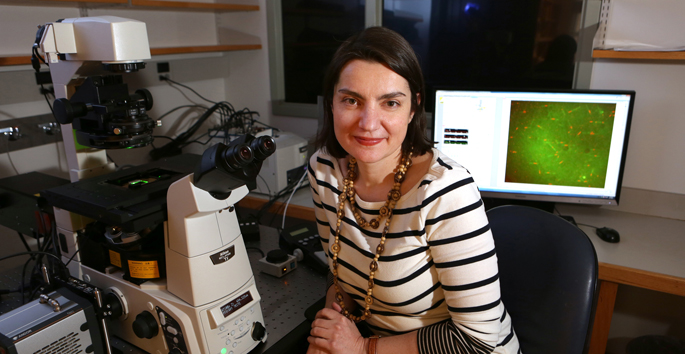
Zanic’s research recognized with 2016 Searle Scholarship
An expert in the dynamic behavior of the microtubule cytoskeleton at Vanderbilt University is among 15 scientists in the chemical and biological sciences nationwide who have been named 2016 Searle Scholars. Read MoreApr 28, 2016
-

Nobel laureate Betzig set for Discovery Lecture
Eric Betzig, Ph.D., who shared the 2014 Nobel Prize in Chemistry for the development of super-resolved fluorescence microscopy, will deliver the next Flexner Discovery Lecture on April 28. Read MoreApr 21, 2016
-
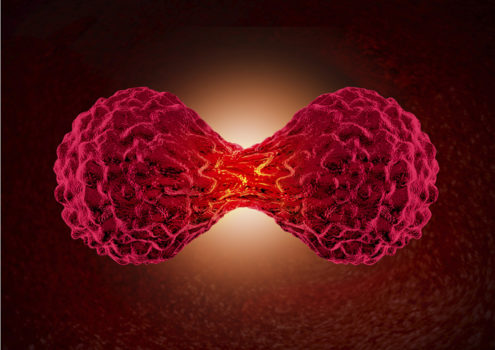
A clue to cell cleavage
Actin and microtubule cytoskeletons are coordinated during cytokinesis – the process that separates one cell into two and is linked to events underlying cancer. Read MoreMar 7, 2016
-
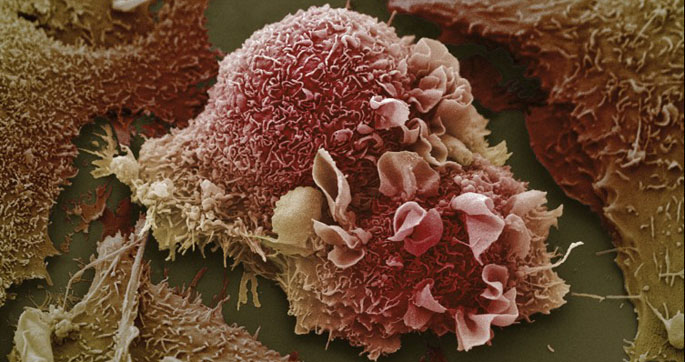
Overcoming lung cancer drug resistance
Vanderbilt investigators have discovered a way to overcome the resistance of some lung cancers to certain targeted therapies, which could lead to more effective treatments for lung cancer patients. Read MoreFeb 10, 2016
-

Building intestinal brush borders
Studies of the molecular complex that helps build specialized cellular surfaces could shed light on the mechanisms underlying a genetic deaf-blindness syndrome accompanied by intestinal disease. Read MoreFeb 8, 2016
-

Findings offer new insight on how cell division proteins work
A family of proteins with critical roles in cell division, synaptic transmission and cell migration don’t all function the way scientists thought they did, according to two new studies led by Vanderbilt researchers. Read MoreJan 28, 2016
-

New targets for diabetic retinopathy
Certain protein factors have been identified as attractive targets for treating diabetic retinopathy, a major cause of blindness in adults. Read MoreJan 21, 2016